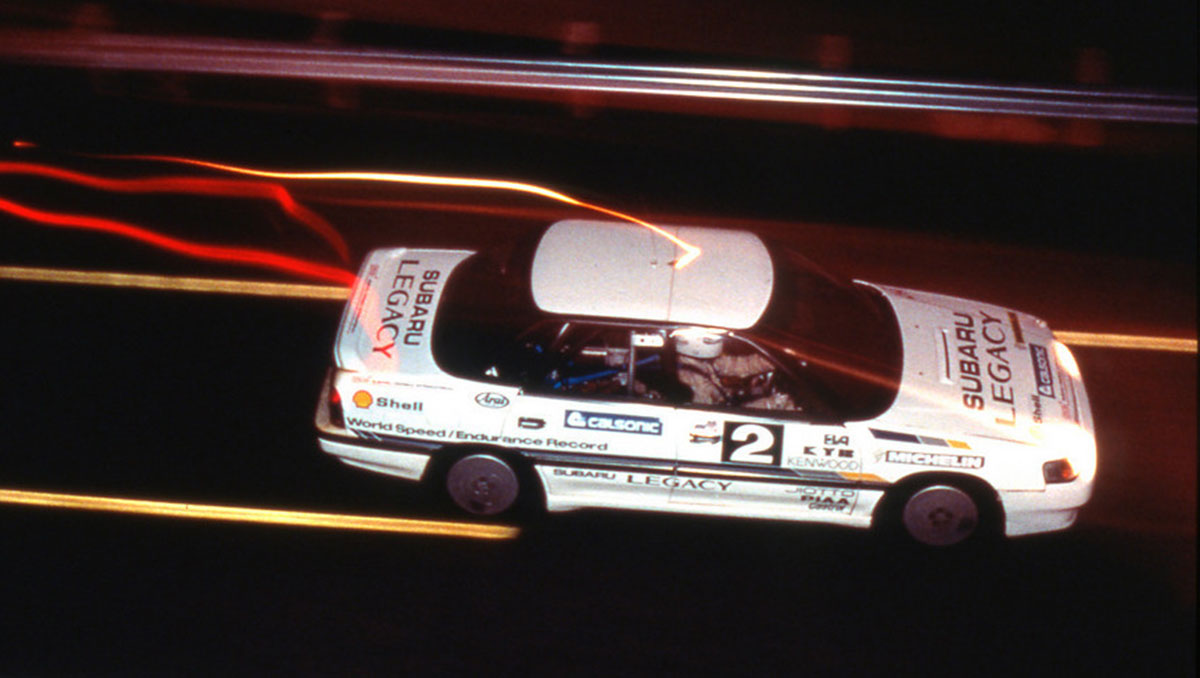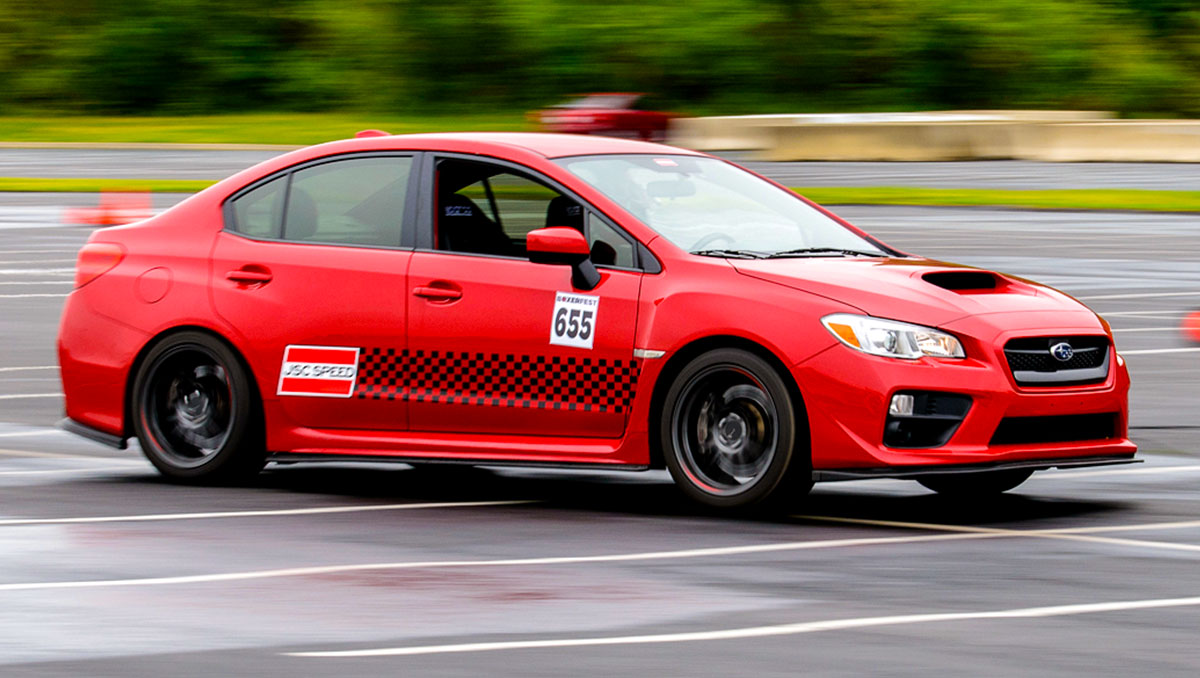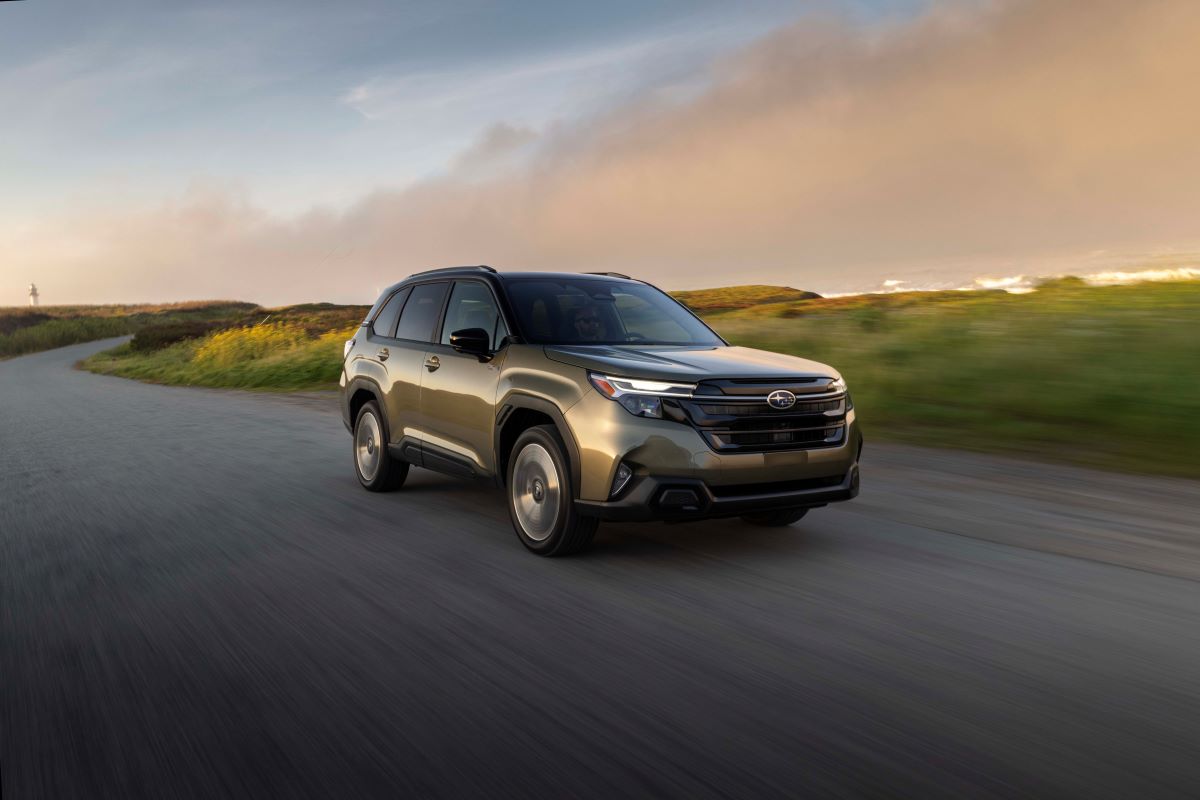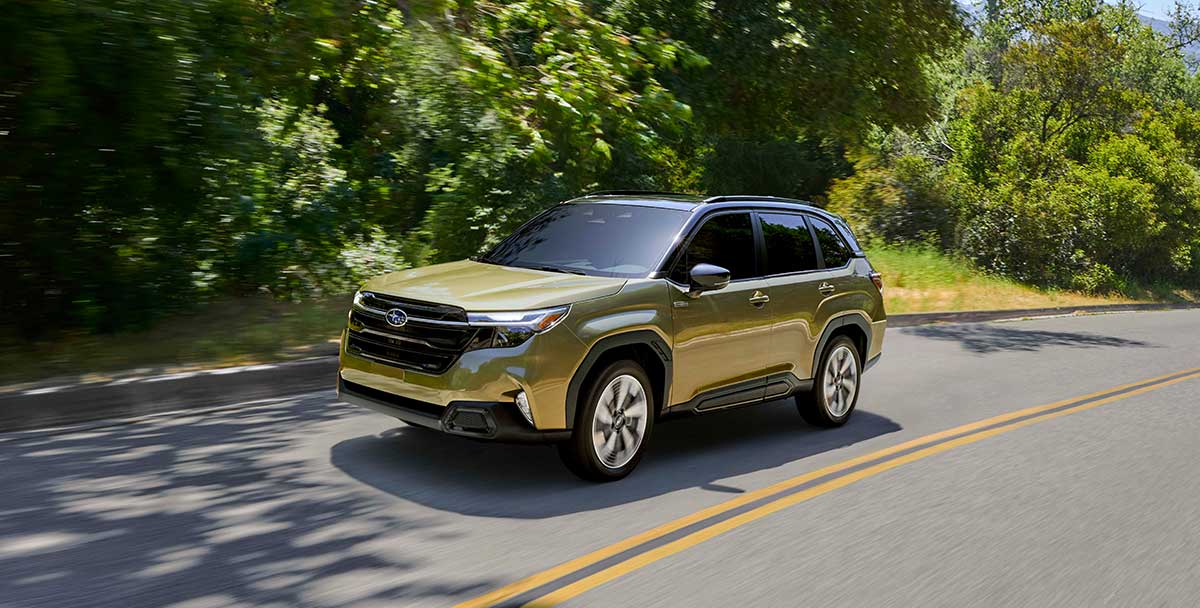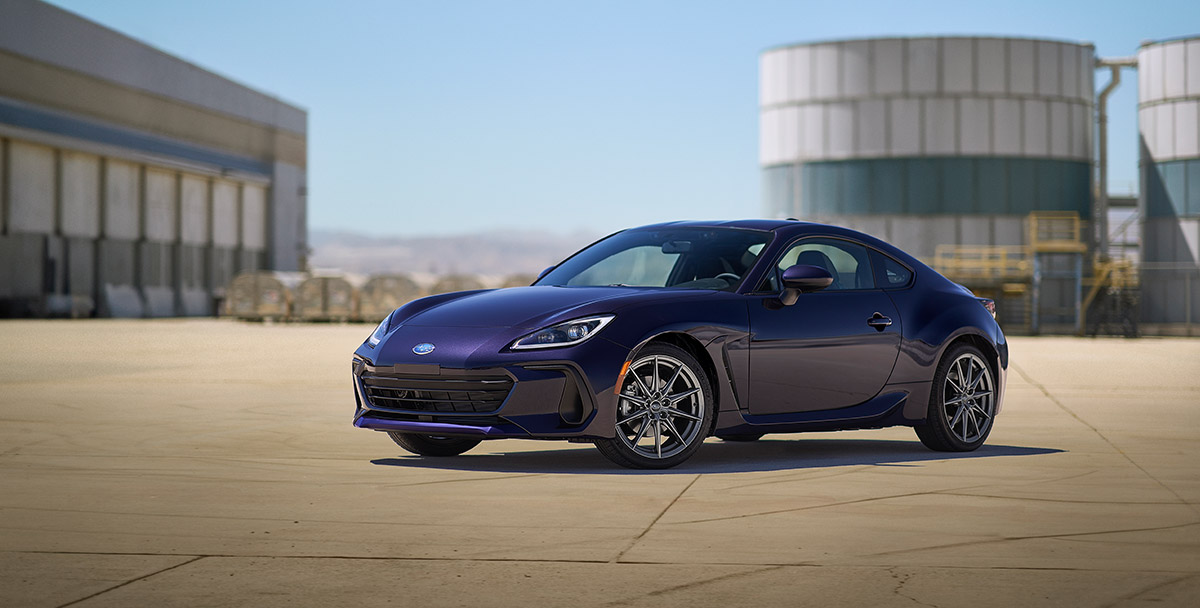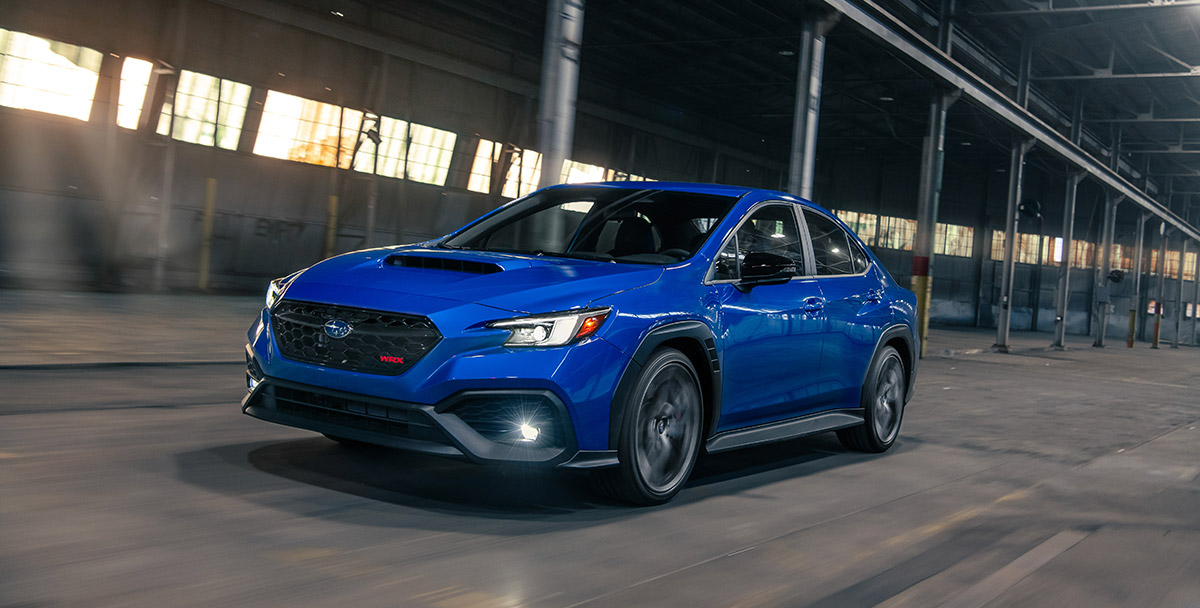Would it be hyperbole to call Trey Cobb a visionary? Perhaps. But he did see huge potential in the tuning market for Subaru vehicles in the late 1990s, so he was prescient at the very least. Cobb, 43, founded COBB Tuning in 1999 and built the company’s reputation largely on the success of its performance-enhancing Accessport.
Today, Cobb has shifted gears. We caught up with him in Austin, Texas, where he and his wife, Khanh Trang, started Greater Goods Coffee Roasters in 2015, after selling the tuning company that still bears his name. Greater Goods Coffee Roasters makes a deep commitment to its community, supporting the Boys & Girls Clubs of the Austin Area, the Central Texas Food Bank, the Autism Society of Central Texas and Austin Pets Alive! with a portion of the proceeds from each bag of beans sold; customers choose the foundation they want to support by selecting different coffees.
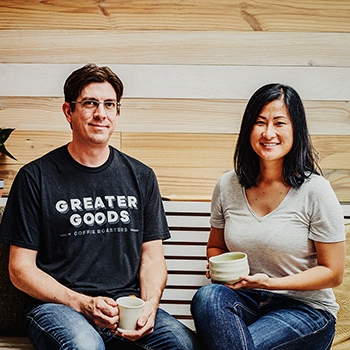
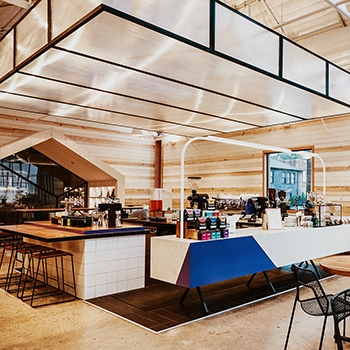
How did you decide to get into the coffee-roasting business?
The idea came from my wife. It’s something she’s been interested in for years. When I made the decision to move on from COBB Tuning, I wanted to help her get this started.
Were you a coffee aficionado when you were working in tuning?
Well, coffee was the fuel that helped us get through some very long nights. But it wasn’t necessarily an outside hobby of mine.
Your facilities are quite beautiful. Has your focus on aesthetics carried over from your work at COBB Tuning?
When you spend so much time focusing on the fine details as you have to do in the automotive business, you gain an appreciation for how things look. With the design of our buildings, we’ve been fortunate to work with an architect who is also a car enthusiast. We actually met at a local track day and got to speaking. He did the remodel of the COBB facilities back in 2010 and 2011. So, when Khanh and I started the coffee-roasting business, he was the first person we thought of to execute the style and vision we’d already established with COBB.
As for tuning, did you have any vocational training or was your learning hands-on?
At school, I started with a strong interest in mechanical engineering before I switched to computers. When I started tuning cars as a job, my mechanical interest and my computing skills came together.
What similarities do you find between the tuning business and roasting coffee?
It’s another industry where you find a highly enthusiastic core constituency. People who are into coffee are really, really into it. It’s always fun to be in a business where people are passionate about the product that you offer.
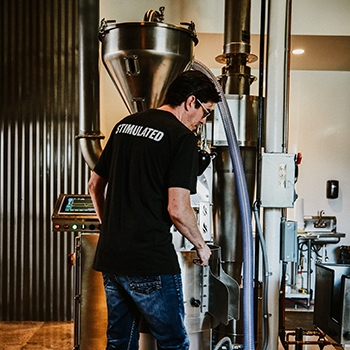
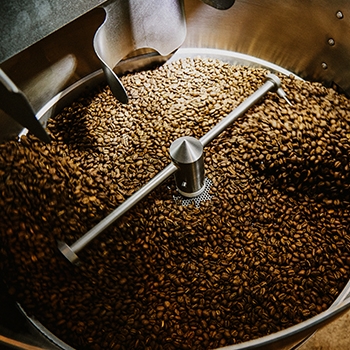
It’s always fun to be in a business where people are passionate about the product that you offer.
There’s one invention you’re known for. Let’s talk about that.
The Accessport. It allows you to reprogram the car’s computer for a variety of uses.
Would you say you were a pioneer with this product?
Tuning via the accessport was being done in the domestic market when COBB started up. But I don’t think there was a similar product for Japanese cars, and certainly not for Subaru vehicles. At the time, Subaru was not a brand that a lot of people were tuning in the U.S. It was happening in Japan and parts of Europe. That’s what sparked my interest in the platform – seeing what was being done with Subaru vehicles overseas.
What were the characteristics or features that made a Subaru so ripe for tuning?
Being turobocharged at the factory was a huge help. We had started a few years before the WRX was introduced in the U.S. But once it was released, the Subaru tuning market just exploded. It was important to me to build a reputation for COBB as a Subaru specialist as early as possible. Once we knew the WRX was coming to the domestic market, that’s when we became a hyperfocused Subaru tuning business.
What was it about the vehicles, besides the factory turbo?
Subaru cars were unique beasts, with engines and drivetrains like no other cars. And when the WRX was released here, everybody was jumping into the market. Fortunately, we were a little bit ahead of the game.
